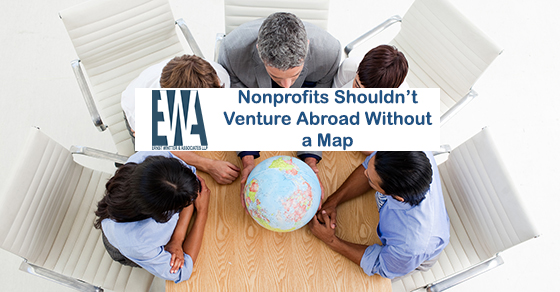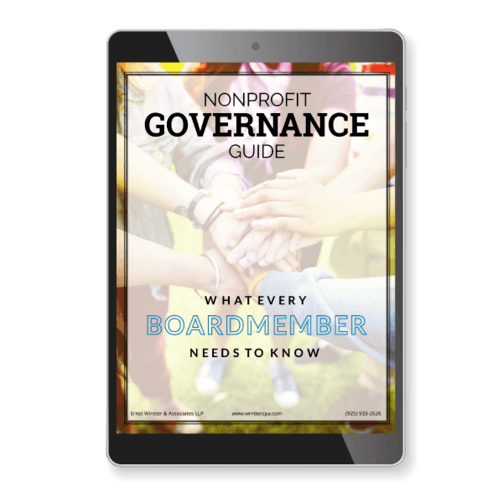A California nonprofits audit can reveal valuable insights about your organization’s financial health. After conducting one, you may find your nonprofit is in a strong financial position to consider broadening its reach internationally. Charitable organizations help nations improve society, from housing the homeless to finding new ways to use sustainable products. Although your motive for expanding makes sense because of the ability to help people achieve more with less, you shouldn’t venture abroad without a map. Empower your mission with what nonprofits shouldn’t overlook. Explore key insights on effective strategies and practices for maximizing impact and success.
You wouldn’t try to navigate around a country without a road map. Now, your nonprofit needs a different type of map to ensure you fit in seamlessly while operating in another country.
Determine if there is a Need for Your Services
Before you develop a strategy to expand your nonprofit throughout the world, you need to determine if the demand for your services is strong enough to justify expanding operations. Conducting extensive research into every country where your nonprofit wants to expand should be the first item on your to-do list. Work closely with legal and financial advisors. For financial support, you have to decide whether expanding represents a viable option for tax and regulatory purposes.
Understand the Legal Consequences
Every country has enacted a unique set of laws that define the legal relationship between a non-profit and the country where it wants to conduct business. For example, a country might claim you have established a presence inside of its border by simply reaching out to potential clients through social media channels. The last thing you want to happen is for a country to determine your presence is considered unauthorized. You also have to determine where the bulk of your activities will take place. Some countries have adopted a more lenient authorization policy for nonprofits that conduct a vast majority of their business on American soil.
What Are the Rules and Regulations?
As with laws that define business activities, each country has established a unique set of rules and regulations for conducting business within its borders. For example, you have to determine whether the advertising your run in another country is taxed under the regulations created for taxation purposes. Other regulatory issues to determine concern employee benefits and termination agreements. Many of the rules and regulations nonprofits must follow in other countries can be confusing to understand. Working with a compliance officer can help your nonprofit follow every rule and regulation that is created by another country.
The Importance of Culture to Business Success
The importance of culture to business success cannot be overstated. Before you contact the first client prospect in another country, you should research the customs that define the people living in that country. For example, the culture you experience in a country such as Sudan is going to be much different than the culture you experience when you expand into a country like Brazil. If you decide to appoint a board member who lives in a country where you have expanded operations, you should be ready to accept cultural differences when it comes to solving problems and developing new strategies.
What Are the Travel Restrictions?
Because of the ongoing global COVID-19 pandemic, many of the services you provide might have to be delivered from the United States. One of the most important rules to follow during the new normal applies to travel restrictions. Countries have implemented different travel restrictions, many of which make it difficult to establish a global presence. Understand where you can expand your nonprofit, without having to face constant travel restrictions.
Ernst Wintter & Associates provides California nonprofit audits, broker dealer audits, tax services, and 401(K) audit services. Contact us for more information








